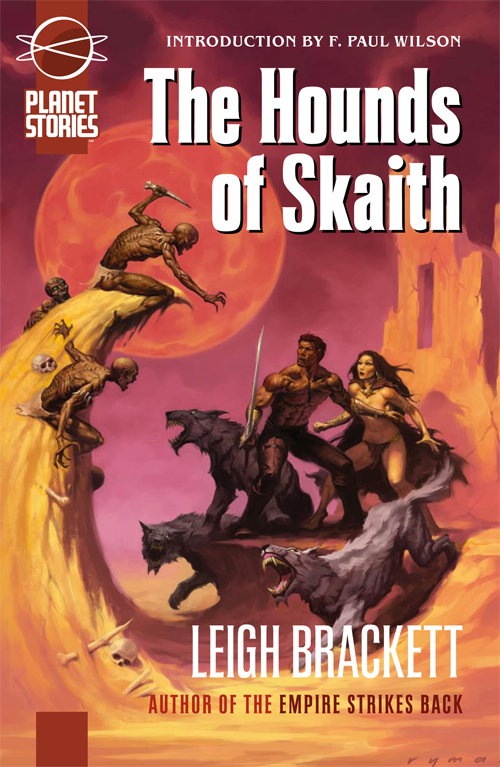Happy Birthday, Mac
Today is the 25th anniversary of the first Apple Mac computer, distinguished by its design-sense and mouse-driven GUI (graphical user interface), with a monitor and CPU housed in one unit. Maybe you’ve heard of it?
I bought my first computer a few years before that, a Kaypro II, a clunky chunk of metal that was one of the first portable (at least if you were a weight lifter) computers, though nothing you would ever put on your lap. With a nine inch monochrome screen, dual 5 1/4″ floppy drives, and 64K memory, I was on the cutting edge. And with a 300 baud external modem, I could submit my weekly newspaper columnfrom home without having to print it out! Things got even more amazing when I started to teach college composition using the Internet in the days before anyone heard of Amazon.com or the World Wide Web. This was when you had to know a smattering of UNIX commands to get on-line and write messages, and an email address was a badge of the technical elite.
The television ad that launched the Apple Mac was directed by Ridley Scott, and I believe it was only shown once. Playing off the ominous year that had arrived, the commercial depicted a grey-shaded Orwellian state of lemmings enslaved to their IBM computers (you may recall that IBM was said to have invented the “personal computer” and this was in the days before PC and Microsoft became synonymously ubiquitous). If I’m recalling correctly, the shackles were broken, and the commercial transitioned to color, thanks to the tiny, but mighty, Mac.
…
 Surprised by the dust on all those books you ‘just bought’ but haven’t gotten to yet? To-be-read pile threatening to topple and crush you under its weight? Tired of being left out of conversations about authors you haven’t read yet? Me too. All of this is common enough for any bibliophile, to varying degrees or another, and its nice that we can commiserate. That is, most of us can, but not all of us, for there is a strange breed that lives among us with the book-lover’s equivalent of superpowers — the hyperspeed reader.
Surprised by the dust on all those books you ‘just bought’ but haven’t gotten to yet? To-be-read pile threatening to topple and crush you under its weight? Tired of being left out of conversations about authors you haven’t read yet? Me too. All of this is common enough for any bibliophile, to varying degrees or another, and its nice that we can commiserate. That is, most of us can, but not all of us, for there is a strange breed that lives among us with the book-lover’s equivalent of superpowers — the hyperspeed reader.
 The Return of the King (ABC TV, 1980)
The Return of the King (ABC TV, 1980) I’m not what you’d call a comics guy — I don’t have a set of first editions in acid-free bags in the closet, I couldn’t tell you who the Fantastic Four are, or even distinguish between Marvel and DC (though I’m pretty sure Spiderman is in one camp, and Batman in the other). But I’ve always liked and respected the medium, and the rise of the graphic novel has made sampling the best of what comics has to offer convenient for casual fans like me. So, when I spotted a recommendation in an online forum for Planet Hulk, a graphic novel in which the big green superhero takes on the role of John Carter in a sword and planet epic, I was intrigued, and made an impulse purchase. I’m glad I did.
I’m not what you’d call a comics guy — I don’t have a set of first editions in acid-free bags in the closet, I couldn’t tell you who the Fantastic Four are, or even distinguish between Marvel and DC (though I’m pretty sure Spiderman is in one camp, and Batman in the other). But I’ve always liked and respected the medium, and the rise of the graphic novel has made sampling the best of what comics has to offer convenient for casual fans like me. So, when I spotted a recommendation in an online forum for Planet Hulk, a graphic novel in which the big green superhero takes on the role of John Carter in a sword and planet epic, I was intrigued, and made an impulse purchase. I’m glad I did.
 Certainly not, but that really may be the central genre-defining element. I was thinking about this while reading Justina Robson’s excellent
Certainly not, but that really may be the central genre-defining element. I was thinking about this while reading Justina Robson’s excellent 